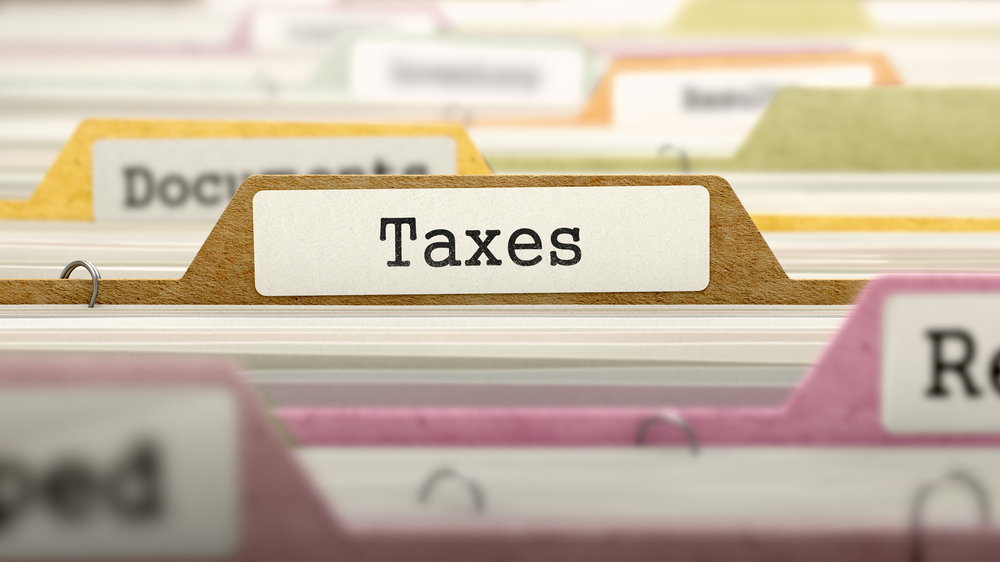If you’re saddled with significant debt, you might wonder if refinancing your mortgage to pay off debt is a good idea.
Millions of Americans are dealing with consumer debt—estimated to have increased to $15.31 trillion in the third quarter (or Q3) of 2021, an increase of 5.4% or $772 billion.
And consumer debt is not the only kind they have to figure out how to repay.
On top of mortgages are credit card debts, car loans, medical bills, and huge amounts of student loans (in 2017, student loans were estimated by census.gov to be $1.37 trillion alone).
Interest rates on these debts, primarily credit card debts, can be onerous—sometimes triple the interest rate compared to most auto and home loans.
However, homeowners may not realize they have a better option to manage their debt— mortgage refinance.
Of course, the big question is: Should I refinance my mortgage to pay off my debt?
Mortgage Refinancing Options
If you’re interested in mortgage refinance to consolidate debt, it’s essential that you know what the options available are.
Cash-Out Refinance
Cash-out refinancing allows you to consolidate your debt(s) by borrowing from the equity in your home and using it to pay off other debts.
Basically, a cash-out refinance replaces your existing mortgage with a new, larger home loan, and possibly even with a lower interest rate. The difference between your new loan amount and your original mortgage is given to you in a lump-sum cash payment. The funds can be used for whatever you wish, including paying down debts.
For example, if your current mortgage balance is $100,000 but your home is now worth $250,000, you have $150,000 available in equity. Most lenders allow you to take up to 80% of that equity out in a cash-out. So you could have $120,000, in cash, to use freely.
WHEN IS A CASH-OUT REFINANCE A GOOD OPTION?
When to refinance will come down to your personal finance.
Even with the recent rise in the prime rate, mortgage rates are typically lower than most other loans and lines of credit. This difference means a cash-out refinance can save you a lot of money in the long run.
If you have significant high-interest debt, like credit card debt, the average rate you’ll pay is between 15 and 23%. Cash-out refinance rates, on the other hand, are often near only a third of credit card rates.
So depending on the amount you’ve borrowed, the difference in interest payments could be in the thousands.
Rate-And-Term Refinance
A rate-and-term refinance takes the original mortgage loan and pays it off entirely with a new loan. The new loan is opened to secure a new interest rate or new loan terms.
Borrowers choose this option to get lower interest rates or monthly payments. Choosing this option will hopefully free up more funds to pay off some of their higher interest debts.
Streamline Refinancing
Certain government-insured mortgages can be eligible for either FHA loan streamline or VA streamline refinancing. One benefit to this option is there is no new appraisal needed, which can help keep closing costs down.
Like rate-and-term refinancing, these options won’t let you consolidate debt into your mortgage but may be able to lower your monthly payments. Again, this can free up funds to pay your existing debts.
The pros and cons of refinancing a mortgage to pay off debt
Before you go ahead and refinance your mortgage to pay off debt, it’s a good idea to consider the positives and negatives of this move.
Pros of refinancing for debt consolidation
Refinancing is a popular option for borrowers who want to either save money or access their home equity for other expenses. The different refinance options have varying benefits.
SAVING MONEY
Securing a lower interest rate for your refi loan (compared to your current mortgage) could mean thousands of dollars saved over the loan’s lifetime. Or you might have some extra funds available to pay other debts.
Additionally, there’s a chance that your home’s value has increased to the point where you could refinance to get rid of private mortgage insurance.
SIMPLIFY YOUR PAYMENTS
Having different debts from different creditors can be challenging to coordinate. Due dates for payments can get confused and overlooked.
Using your home’s equity to consolidate debt means you only have one payment date to track. This simplification can also save you money by not incurring late fees for missed payments.
Once you have a set amount to pay each month for all your debts, it can make budgeting simpler, too. Your mortgage payment becomes a higher priority (likely a fundamental priority to begin with), allowing some borrowers to focus on better spending habits.
PERHAPS TAX DEDUCTIBLE*
Itemizing your tax returns might mean deducting the interest paid on your mortgage. In contrast, the interest paid on other debt types like personal loans or credit cards usually isn’t deductible.
* This does not constitute tax advice. Please consult a tax advisor regarding your specific situation.
Cons of refinancing for debt consolidation
Like every financial move, there is risk involved. So let’s look at the possible negative side of refinancing for debt consolidation.
YOUR HOME’S VALUE IS COLLATERAL
Certain loan types or debts, like personal loans and credit card balances, are typically unsecured, meaning the lender cannot typically seize assets if you can’t repay the loan.
However, that scenario won’t be the case if you use your home’s equity for a refinance loan. As with any home loan, you risk losing your home if you’re not making your monthly mortgage payments.
CLOSING COSTS AND FEES
Unfortunately, there are some fees and closing costs associated with refinancing. Overall closing costs will vary from lender to lender, but the general rule is to expect to pay 2-5% of the loan amount.
It’s important to consider that you have to pay closing costs when deciding to use a refinance mortgage to pay off debt.
CREDIT SCORE
Any borrower applying for a refinancing mortgage must undergo a hard credit check. This hard check might drop their credit score—usually just temporarily.
However, taking out any new mortgage will lower the average age of their credit accounts, which might also lower their score.
Refinancing solutions for your financial situation
There are many reasons why people worldwide get into debt. Some bad spending habits may be involved, but sometimes we find ourselves in debt for reasons beyond our control.
The vital thing to do is to take care of the problem.
If you’re paying a higher interest rate than you think you should, and have enough equity paid into your home, then a refinance mortgage to pay off your home might be a solution.
Reach out to one of the knowledgeable loan officers at Homefinity by home.com, and let’s see if a mortgage refinance solution is the best choice for you.
By refinancing your existing loan, your total finance charges may be higher over the life of the loan.









